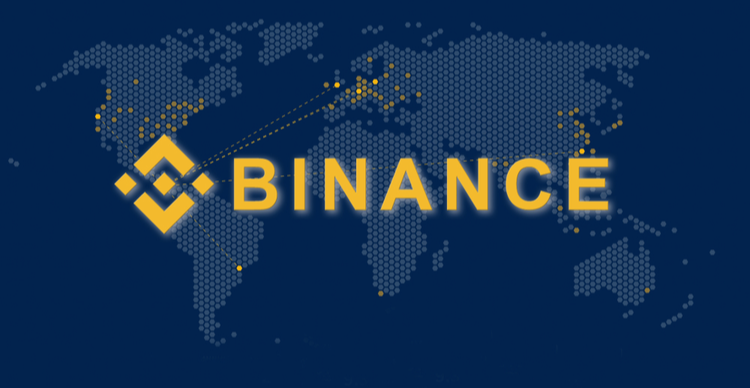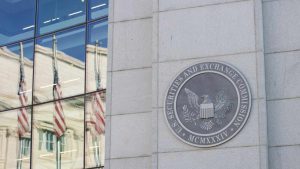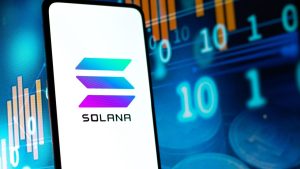Binance to enforce KYC process on all users

The exchange says the verification is meant to help protect users and to provide a “safe crypto environment.”
Binance has announced new measures aimed at aligning the world’s largest crypto exchange by volume with regulatory requirements demanded across the globe.
In the announcement released on Friday, the cryptocurrency exchange noted that it was now instituting mandatory Know Your Customer (KYC) processes for all customers.
The exchange has told its customers and potential users that they need to complete the Intermediate Verification process if they want to access all the services on the platform. The changes are “effective immediately” for all new customers, Binance noted.
According to the platform, new users will only access services such as crypto deposits, withdrawals and trading once they have verified their identity.
The requirement also extends to existing Binance users yet to complete the Intermediate Verification. This group of users will have their accounts switched to “Withdrawals Only,” limiting access to all services and products except for transactions related to withdrawals, order cancellations, or closing trade positions.
The platform has urged its users to “promptly” undertake the verification process to avoid delays as well as potential restrictions.
According to Binance, a review of its KYC policies is necessary as it seeks to protect all users amid changes in the global compliance environment. The review also comes on the back of a wider regulatory crackdown that has put the exchange under a lot of pressure over the past few months.
Many countries have recently turned the spotlight on Binance including the United States, the United Kingdom, Germany, the Cayman Islands and Spain.
The pressure from financial watchdogs in these and other countries has seen the leading crypto platform rethink its strategy and put in place measures that ensure not just KYC implementation, but also ones that help advance its anti-money laundering (AML) checks.













